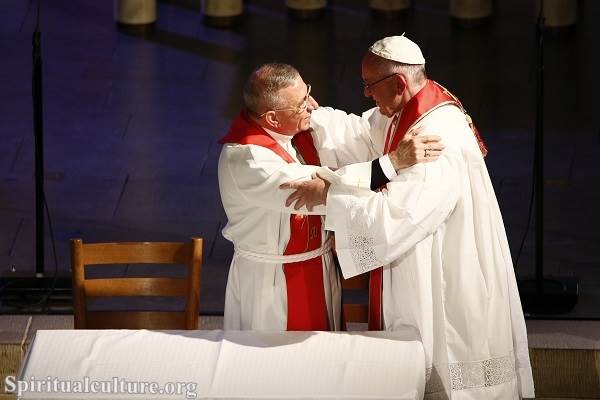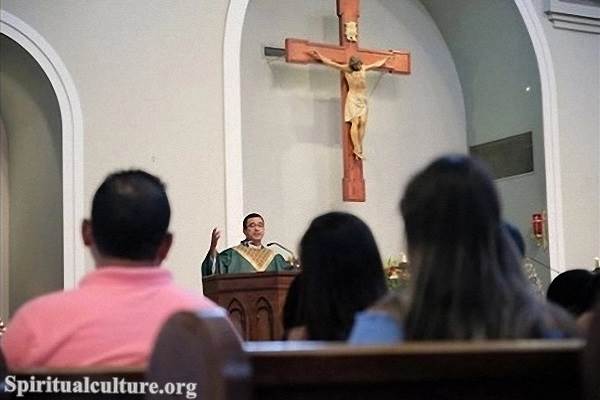Christianity is one of the largest religions globally, with an estimated 2.3 billion followers. It is a monotheistic religion based on the teachings of Jesus Christ. However, within Christianity, there are numerous branches and denominations, each with its own beliefs, practices, and interpretations of the Bible. One of these branches is Protestantism. The comparison of Christianity vs. Protestant can be complex due to the many commonalities and differences between them. This article aims to shed light on these differences, focusing on Christianity as a whole and the Protestant branch specifically.
Christianity
Christianity began around 2,000 years ago in the Middle East, founded on the teachings and life of Jesus Christ. The religion is centered on the belief that Jesus is the Son of God, the Messiah prophesied in the Old Testament, who came to earth to save humanity from sin. Christians believe in the Holy Trinity, which includes God the Father, God the Son (Jesus Christ), and God the Holy Spirit.
The Bible, composed of the Old Testament and New Testament, is the holy book of Christianity. It serves as the primary source of spiritual guidance and wisdom for Christians. The sacraments, such as Baptism and the Eucharist (also known as the Lord’s Supper or Communion), are key practices within Christianity. Christians also believe in the resurrection of Jesus after his crucifixion, viewing it as a testament to the promise of eternal life for believers.
Christianity is divided into several branches, including Roman Catholicism, Eastern Orthodoxy, and Protestantism. Each branch has its own interpretation of the Bible and Christian teachings, leading to differences in practices, rituals, and beliefs.
Protestant
Protestantism is a major branch of Christianity. It originated in the 16th century during the Reformation, a religious movement led by Martin Luther, who protested against certain practices of the Roman Catholic Church. Hence, the term “Protestant” was born.
Protestants, like all Christians, believe in Jesus Christ as the Son of God and the Savior of humanity. They also believe in the Holy Trinity and the resurrection of Jesus. However, there are some key differences in their beliefs and practices compared to other branches of Christianity.
One of the primary doctrines of Protestantism is “sola scriptura,” which means “Scripture alone.” Protestants believe that the Bible is the sole authority on matters of faith and practice, rejecting the authority of the Pope and the tradition of the Church. They believe that each believer has the right to interpret the Bible for themselves.
Another key doctrine is “sola fide,” which means “faith alone.” Protestants believe that salvation is attained through faith in Jesus Christ alone, not by good works. This is a significant departure from Catholicism, which teaches that faith and good works are both necessary for salvation.
In terms of practices, Protestants generally do not venerate saints or pray to Mary, the mother of Jesus, as Catholics do. They typically have two sacraments: Baptism and the Lord’s Supper, whereas Catholics recognize seven sacraments.
Christianity vs. Protestant
When comparing Christianity vs. Protestant, it’s crucial to remember that Protestantism is a branch of Christianity. Therefore, the comparison isn’t about two distinct religions but rather about the overarching religion of Christianity and one of its major branches.
The main differences lie in the interpretation of the Bible, the path to salvation, and religious practices. While all Christians, including Protestants, believe in the divinity of Jesus, the resurrection, and the Holy Trinity, Protestants distinctively emphasize the authority of the Bible over Church tradition and believe in salvation by faith alone.
In conclusion, while Protestantism has distinct beliefs and practices, it remains a part of the larger Christian faith. It’s essential to respect these differences and understand that they reflect the richness and diversity of the Christian faith. Understanding these distinctions can foster greater unity and dialogue among Christians of all denominations.



